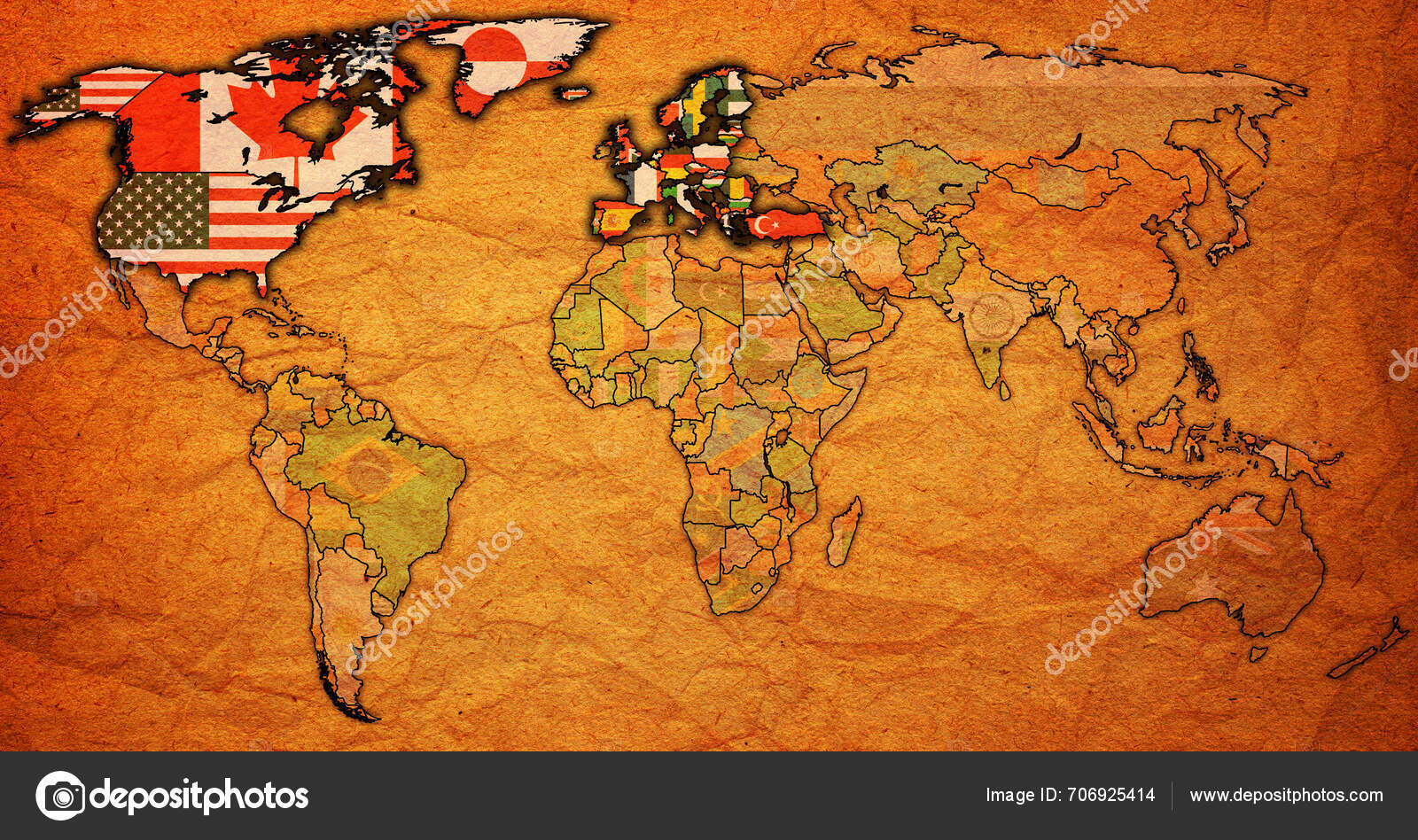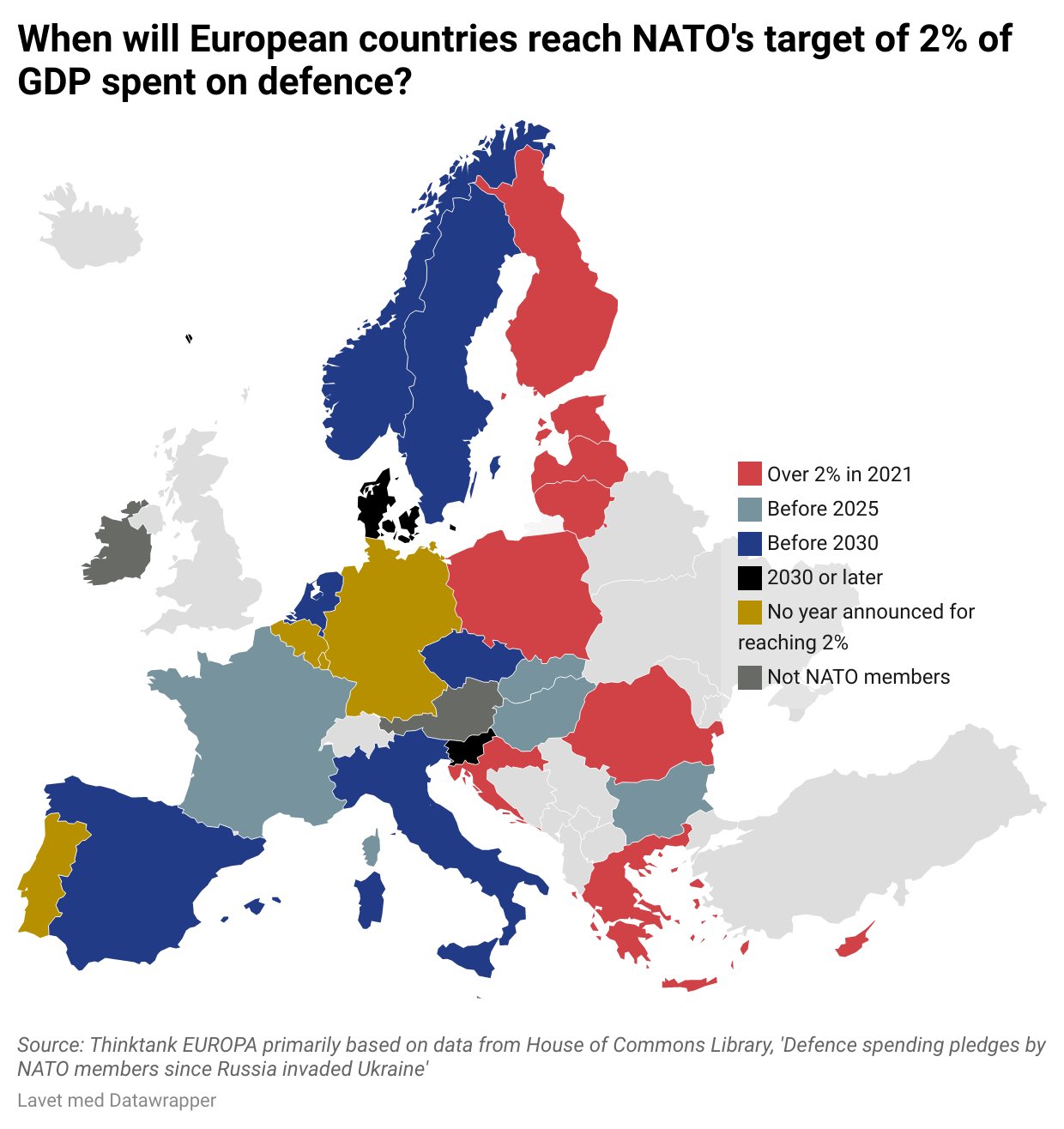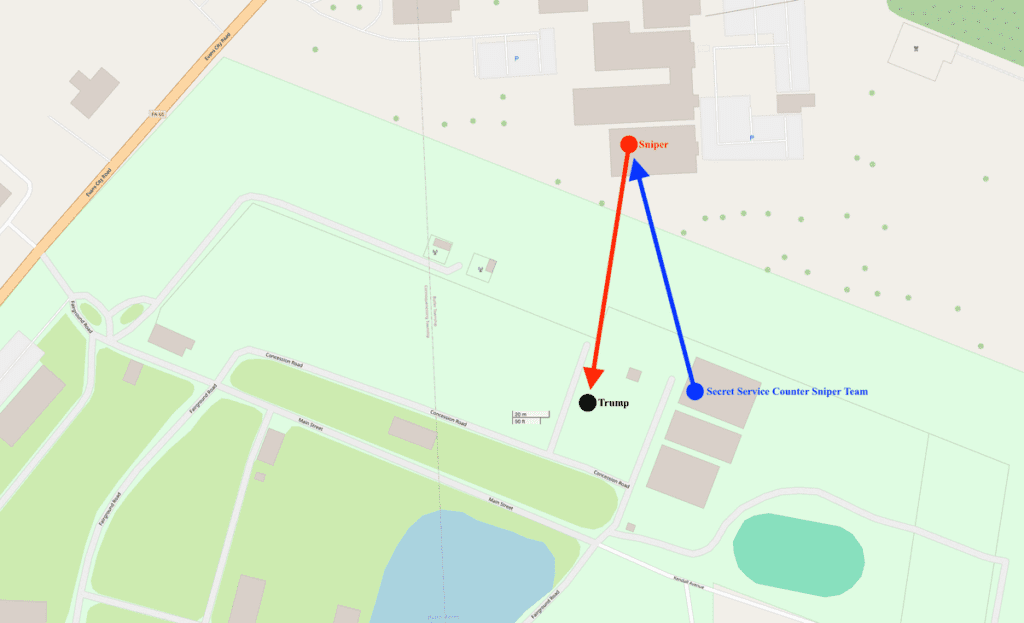Navigating the New World Order: NATO's Evolving Foreign Policy Landscape
BlogTable of Contents
- NATO 2023 Vilnius Summit: Where Is the Alliance Headed?
- Us Map In 2025 - Brear Peggie
- NATO Ambitious Expansion 2010 (no lore) : r/imaginarymaps
- Map of the World in 2025 : mapporncirclejerk
- Nato 2024 Yılında Ulusal Bayraklarla Dünya Haritasında Yer Aldı — Stok ...
- US to help Australia develop guided missiles by 2025 | News | Al Jazeera
- 2025 Nato Map - Aurie Shaylyn
- Political Geography Now
- Hope Reignited: NATO's Potential Role in Upholding Security - Ukraine ...
- Democracy dodges a bullet, Why Project 2025 matters, The future of NATO ...


NATO's original mandate was to provide collective defense against the Soviet Union during the Cold War era. However, with the dissolution of the Soviet Union in 1991, NATO's role expanded to include crisis management, cooperative security, and counter-terrorism. The alliance has since intervened in several conflicts, including the Balkans, Afghanistan, and Libya. Today, NATO faces new challenges, including a resurgent Russia, an increasingly assertive China, and the rise of non-state actors such as terrorist organizations.


The New Security Environment




NATO's Response


As NATO continues to evolve its foreign policy, it must balance its commitment to collective defense with the need to adapt to new security challenges. The alliance must also navigate the complexities of a multipolar world, where rising powers such as China and India are increasingly influential. By strengthening its partnerships, investing in new technologies, and enhancing its crisis management capabilities, NATO can remain a cornerstone of global security in the decades to come.
NATO's new foreign policy landscape presents both opportunities and challenges. As the alliance navigates this complex and dynamic environment, it must remain committed to its core values of democracy, individual liberty, and the rule of law. By doing so, NATO can continue to play a vital role in maintaining peace and stability in Europe and beyond, and address the evolving security challenges of the 21st century.